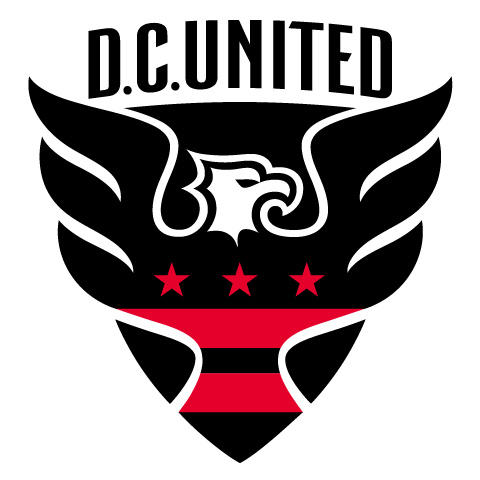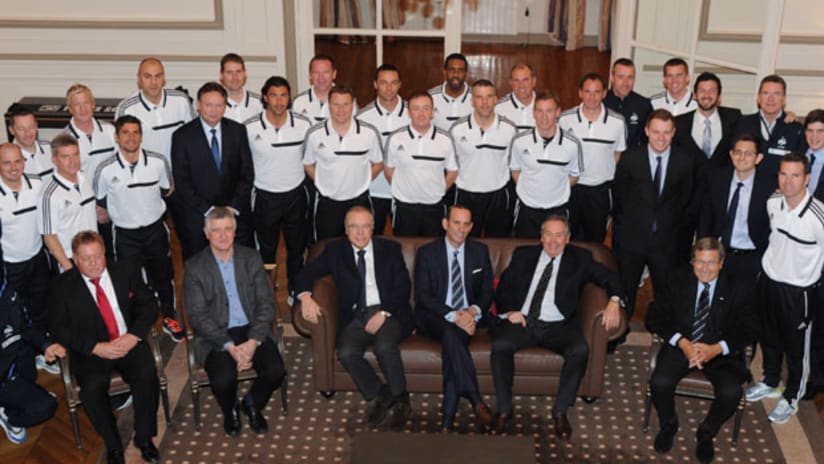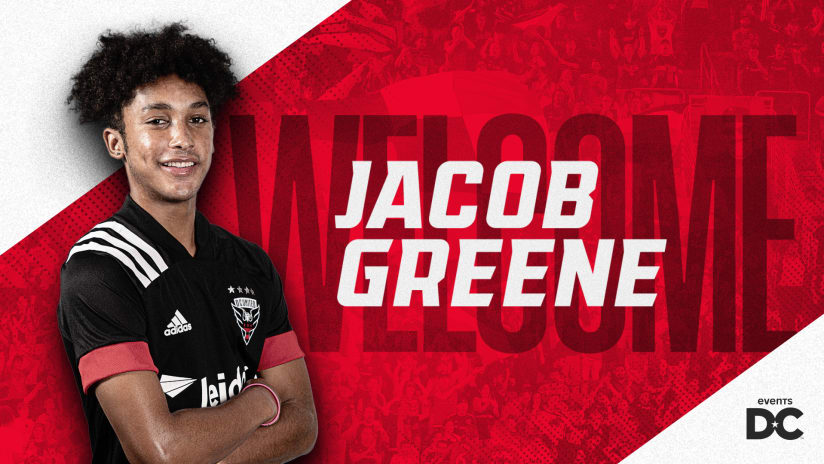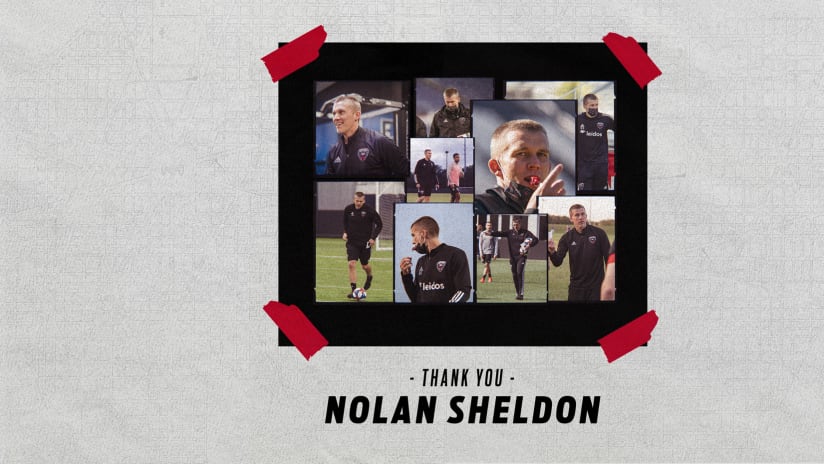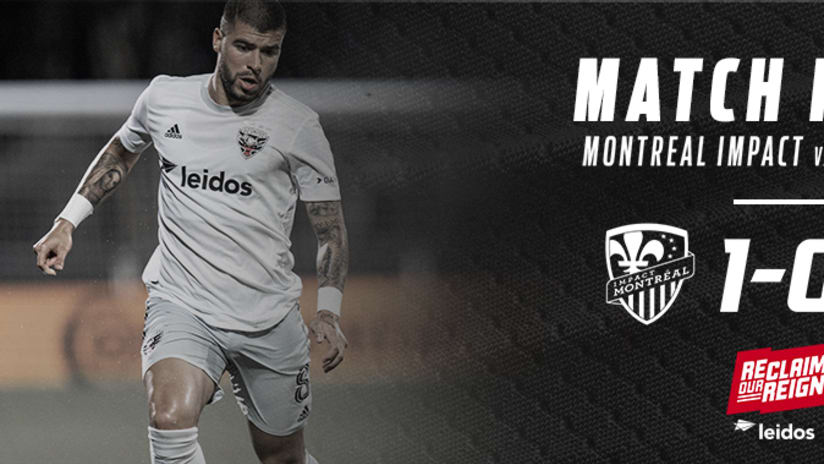You’re wrapping up a nearly two-year French Football Federation (FFF) coaching course. Can you explain what was included in the curriculum?
The course is called the Elite Formation Coaching License (EFCL), it was led by the FFF’s youth national team staff and is the French’s pre-requisite course to becoming an Academy Director within a professional Academy. The course, therefore, consisted of everything from designing a technical game project, to communication and leadership skills, to player management, academy structure, and, of course, on field coaching and methods.
Does the course just focus on on-field play, or does it also place emphasis on the mental development of young athletes?
The course is quite comprehensive and consists of every area of youth development that is required to run a world class Academy. The primary emphasis was on the French pedagogy, which consisted of training methods, the coach/player relationship, requirements of the player and a technical game project, but we also spent considerable time on player and staff management, periodization, the mental and athletic development of players and the importance of the team and club dynamic.
This course was an MLS initiative, in partnership with the FFF, how did it compare with other coaching licenses, for instance, the US Soccer A License?
Of course there are the differences in cultures, coaching and training methods, but the sheer magnitude and extensive course work is the greatest contrast with the USSSF A license. The committed hours for this course consisted of eight weeks of training, two weeks at top European clubs and an additional 350+ hours of on-field work back at our home clubs. All in all, the FFF estimate a total of 1,000 hours of work from beginning to end. The USSF’s A license isn’t a fair comparison, because it is one level of USSF licensing. The more accurate comparison would be to USSF’s new Academy Director’s license, in which a similar level of coursework intensity and hours will be required.
- RELATED: Register for Winter Camps
How does the D.C. United Academy benefit from your completion of the FFF course and will the methodology of our youth programming change?
Any time a coach has an opportunity to improve in his profession, the club, it’s coaches and it’s players will benefit. It is has been my goal to bring maximum value to the club through my participation in this course and I believe we have been successful in doing that to this point. As a club, we have committed to educating each of our coaches in this training method and have engaged in very healthy dialogue on what portions of the FFF’s pedagogy we will adopt at D.C. United in our every day work.
We recognize that this is one method of developing players and that there are a number of other methods throughout the world, but you cannot argue with the great deal of success the French have had since utilizing this technical project. It is the most comprehensive project I have come across in my professional career and I very much identify with the training methods; however, we need to look closely at the areas of this project that will transfer well to our culture, our soccer community and specifically, to our players and coaches at D.C. United and make sure we implement those at the highest possible level.
Not all will be applicable to us and that is okay. We need to make sure we continue to develop a strong club identity at D.C. United and that we become recognized for our work in the area of player development. I don’t have any doubt that we will continue to improve in our daily work at the club as we carry out our technical game project, and as we reflect back a few years from now, this course will be regarding as a major catalyst for that growth.
